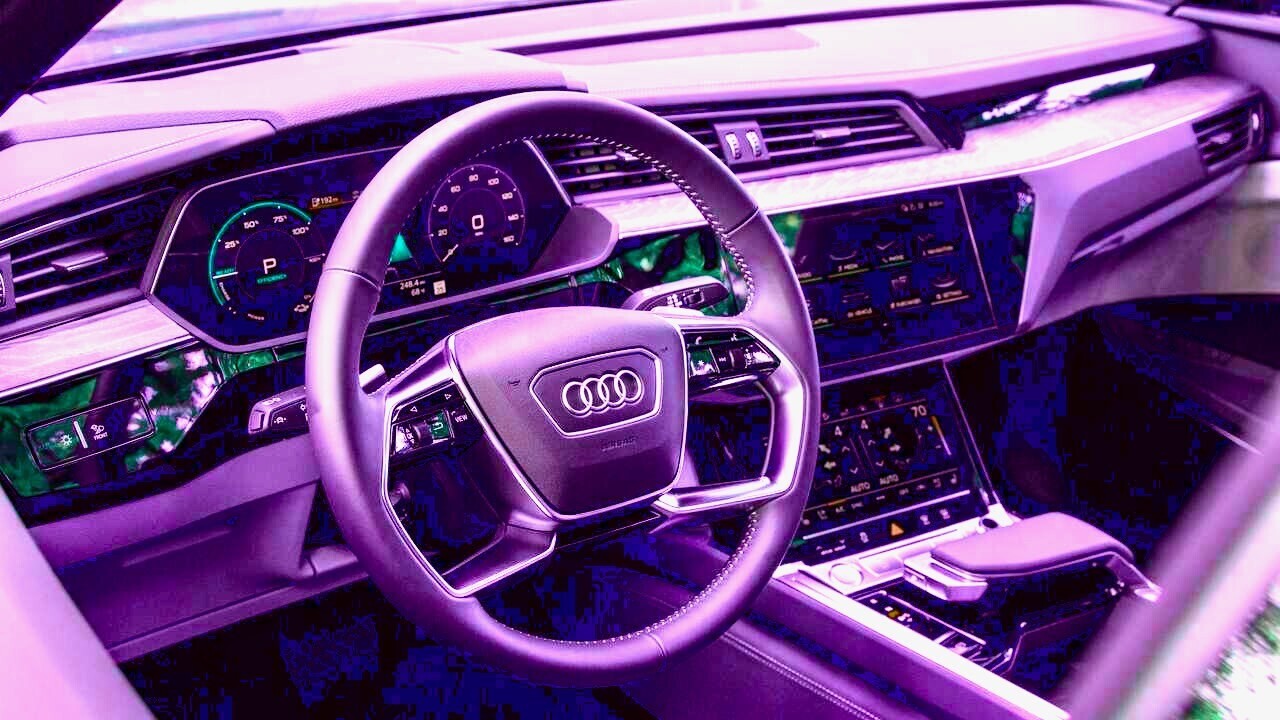
We’ve been hearing a lot about the recent introduction of paywalled features in cars lately. And while the trend is a cause for concern, it’s not yet as bad as some people believe. But, the concerns still remain.
Recently a Redditor posted a short clip on a subreddit called r/Mildly Infuriating.
The post depicted a tale of opting out of purchasing Audi’s tri-zone climate control (cooling and heating) in an SUV, but it still came with the sync button that a driver would use for temperature control.
Video credit: Reddit
In short, the driver pushed the button, and a message popped up on the digital dashboard saying, “This function has not been purchased.”
They were concerned enough to film this, and Reddit went wild about what over-the-air (OTA) updates and digital subscription services could mean for car ownership.
The post received over 119K upvotes and 6,000 comments at the time of writing. It also lit up other Reddit subreddits such as r/Technology.
Never let facts get in the way of a good story

Let’s be clear on the facts. The new Audi owner is from Denmark. He didn’t need climate control, so he opted out. The dashboard did not ask him to purchase the feature via some over-the-air (OTA) update. The owner thought it odd that:
1) The car came with the button ordinarily used to activate this feature.
2) Pushing it led to a display message.
The existence of this “dumb” button is a nod to the fact that traditionally cars with buttons used to power unfeatured features are left blank, and if you click them, nothing happens.
So that’s kinda all there is. That’s the story.
A portal to wider fears of evil car makers about OTA updates
But of course, Reddit users ran with it, imagining a dystopian world of software lockouts, where auto companies disable essential safety features like brakes or airbags at the click of a keyboard.
Even better if it occurred due to an error in payment for a previously purchased software feature that left you stuck on a freeway or, in a precarious situation:
Your brake subscription has expired, please renew to continue using your brakes.
Put new brake pads in” Sorry but we have detected unapproved non-OEM [ automaker ]. brake pads in your vehicle. Braking system has been disabled for your protection.
People imagined scenarios like a locked car full of babies or beloved pets freezing to death, or being roasted alive due to an evil car maker willfully or accidentally taking away the temperature control functionality with the click of a keyboard.
There’s also a gloomy vision of a future where over-the-air software functionalities come with conditions. Like the need to view a compulsory dashboard advertisement:
Before I deploy the airbag, let’s have a moment to talk about Raid Shadow Legends.
The reality is not all that far from these fears

For over a decade, carmakers have offered over-the-air optional software as an upsell. These include Tesla’s Level 2 “Full Self-Driving” software, and Mercedes Benz’ opt-in subscriptions to increase the steering angle by a few degrees for a tighter turning radius, and access the additional driving sound “Roaring Pulse.”
We’re talking about enhanced functionalities. These are nice to have but — at least for now — not crucial to driving a car effectively and safely.
Car owners’ fears are not without merit. We know that a car maker can technically take away all subscription services if they decide to sunset them.
Just last year, we saw a Tesla lawsuit settlement in response to an OTA update. According to Reuters, Tesla agreed to pay $1.5 million to settle claims that it used software to cut usable battery capacity on 1,743 Model S sedans.
Owners initially saw a 10% reduction lasting about three months, then a smaller 7% reduction lasting another seven months. Tesla restored total capacity in March 2020.
We’ve also seen the impact of 3G sunsetting, making some auto software obsolete, with some requiring a payment to upgrade.
These issues are far more significant than a dumb cooling and heating button, and automakers are doing little to assuage the concerns of car buyers. Owners and the media should voice concerns about anti-consumer business models in the auto industry — but not without losing sight of what’s actually important to fight for, and what’s really at stake.
Get the TNW newsletter
Get the most important tech news in your inbox each week.





